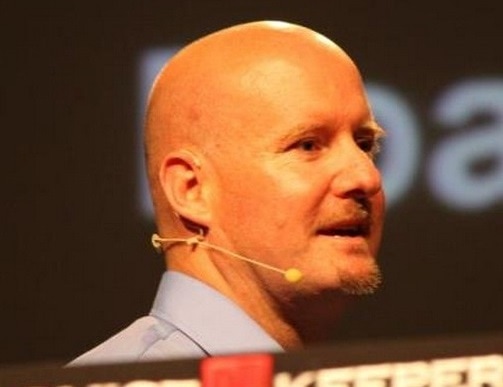|
As we head excitedly off into the new year, it's important to pause and think about the document that will have the most impact in your life - your CV!
More important than your passport, this document dictates how much you earn for the rest of your life, and to a large extent, your career and societal success, as well as emotional and relational wellbeing. In 2017, your CV must be your "personal brochure", selling you professionally to employers. So what are the key things we need in a professional and successful CV today? 1. It's not all about you When an organisation advertises a vacancy, they are saying to the market that they have a "problem". If they are seeking a sales rep in Northland, they are worried about losing market share as they have no sales resource in the area. If they are advertising for a CEO, they are signalling they have limited strategic leadership capability. Understand that when you apply for a role, your CV should be focused towards meeting the individual needs of the reader. It is not about you, but about them. Think about how you are the "solution" to the employer's problem by reading the job description in detail and assessing the key competencies, skills and expertise they are seeking. Mirror these in your CV so you are seen as a "tailored solution" to the employer's "problem". 2. Highlight your achievements Don't just list your job responsibilities in your CV, but also your career achievements. This demonstrates your "value" to the employer, positioning you ahead of your competition who only detail what they get paid to do. 3. Professional living document Your CV (personal brochure) should have a smooth, clear, professional look, with a little bit of "panache" to make it more appealing. A light splash of colour is a great way to stand out, without being overbearing. Also, as the vast majority of CVs are read on a screen, hyper-links and QR codes to your Linkedin profile, portfolio examples, videos, personal web page and email address are important. 4. First things first The first third of the first page of your CV is almost guaranteed to be read in detail. After this, employers will glance through the rest to see if there is anything that catches their eye. Ensure you have a brief summary at the start of your CV highlighting how you mirror the skills and competencies they are seeking and use bullet points to make it clear. Don't include your school results from 20 years ago, hobbies or star sign in this part of your CV. Follow these key points, and your CV will become your "brochure", opening new and exciting career opportunities in 2017!
2 Comments
|
AuthorTom O'Neil is an international author, motivational speaker and NZ Herald Careers & Employment Columnist. ArchivesCategories |

 RSS Feed
RSS Feed